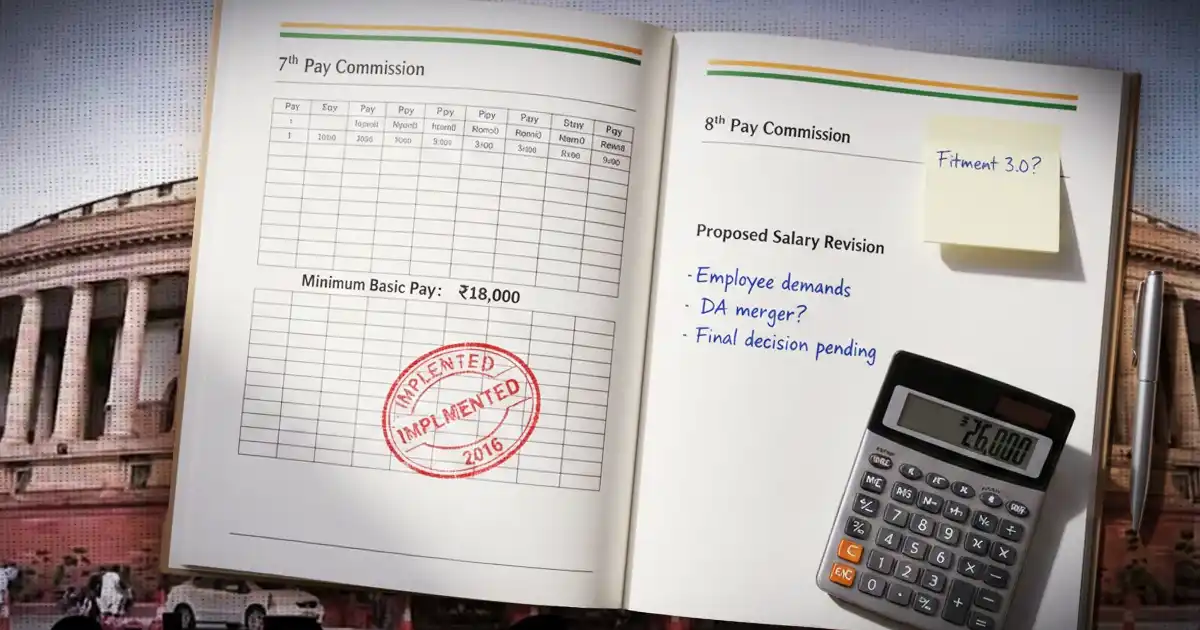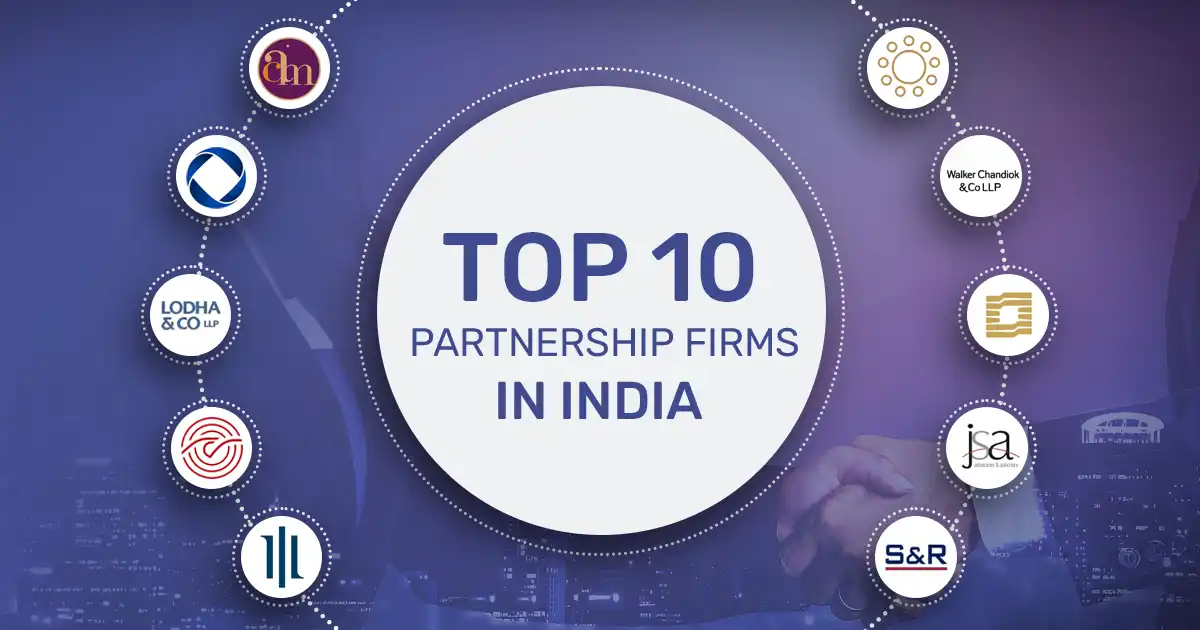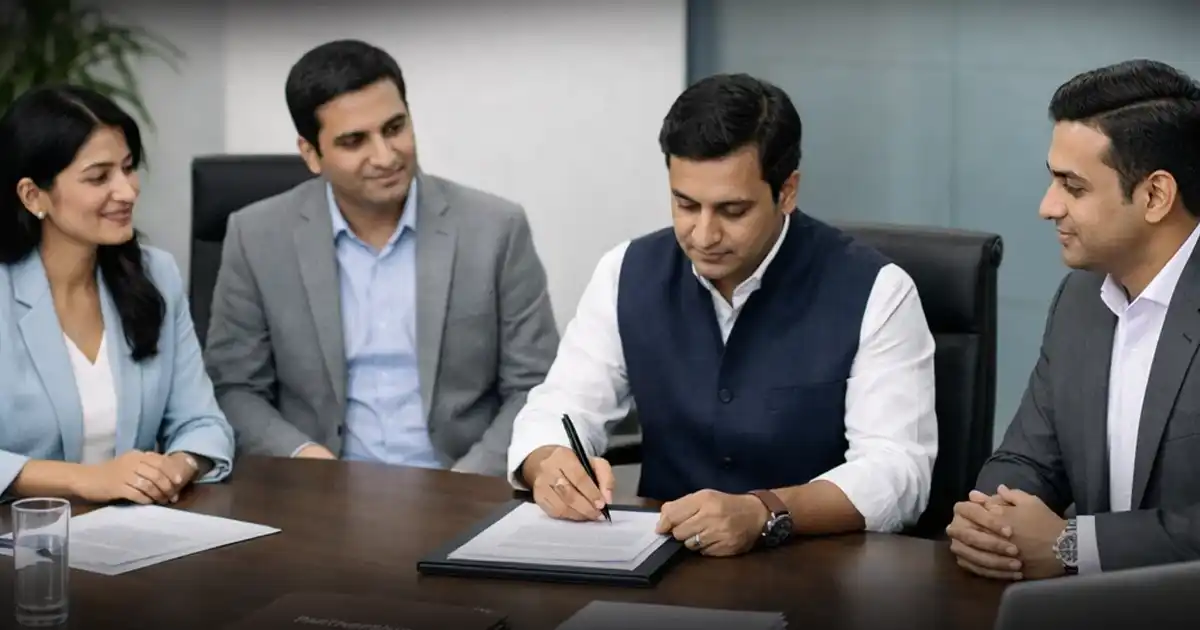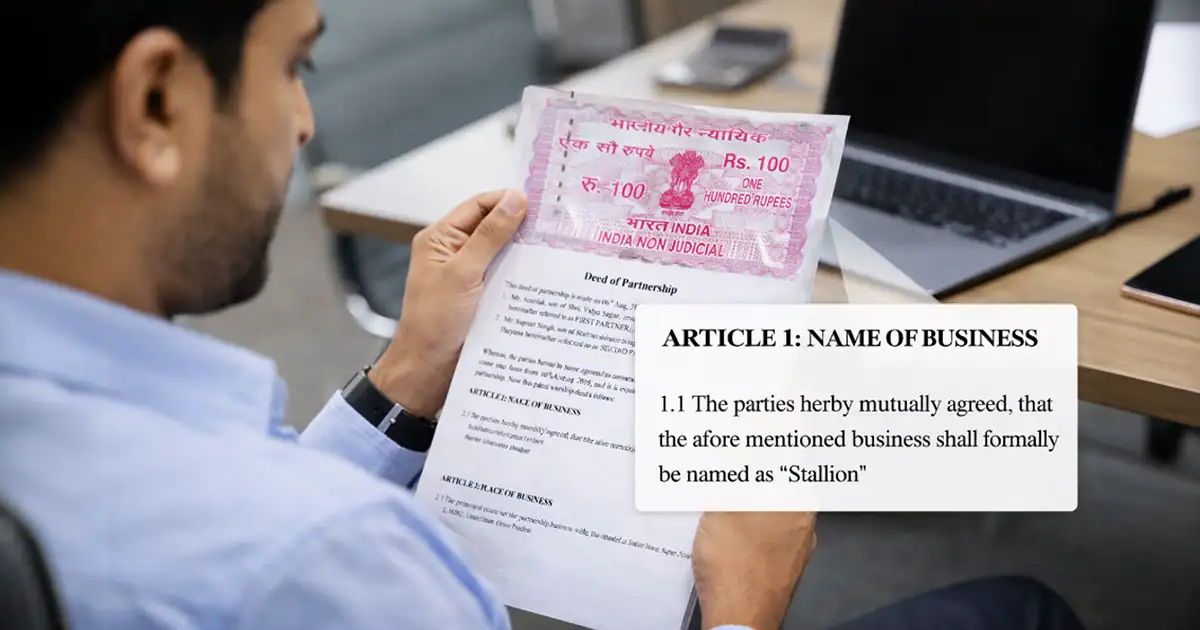Non-profit organizations (NGOs) in India, including trusts, societies, and Section 8 companies, rely heavily on donations and grants to fulfill their charitable objectives. To encourage these contributions and to receive tax exemptions on their income, NGOs need to obtain registrations under Section 12A and Section 80G of the Income Tax Act, 1961. For any NGO in India, these two registrations are the bedrock of financial stability and fundraising success.
Section 12A of the Income Tax Act, 1961
Section 12A registration grants income tax exemption to NGOs on their surplus income. Without this registration, any income generated by the NGO, including voluntary contributions (even from donations or grants), would be taxable as per standard rates. It essentially certifies that the organization's income is applied for charitable or religious purposes, and therefore, is exempt from tax.
Note: Since 2020, Section 12A has been replaced by Section 12AB. All NGOs must re-register under Section 12AB to continue enjoying their tax exemptions.
Section 80G of the Income Tax Act, 1961
Section 80G registration, on the other hand, provides a tax benefit to the donors of the NGO. When an organization has an 80G certificate, individuals or entities donating to it can claim a deduction (either 50% or 100%, depending on the donee institution and type of donation) from their taxable income. This encourages more people to donate. However, this benefit has rules under Section 80G(1) of the Income Tax Act.
Differences Between 12A and 80G Registrations
The key differences between 12A and 80G registration are outlined below:
| Feature | Section 12A Registration | Section 80G Registration |
| Primary Beneficiary | The NGO itself (income tax exemption) | The Donors (tax deduction on donations) |
| Purpose | To exempt the NGO's income from income tax | To incentivize donations by offering tax benefits to donors |
| Dependency | 80G registration can generally only be obtained after 12A registration. (now 12AB) | It can only be availed if the NGO has a 12A registration. |
| Nature | Essential for the tax-exempt status of the organization's income | Optional, but highly beneficial for attracting funds and tax deductions |
Why do You Need Both 12A and 80G for Your NGO?
While 12A registration grants tax exemption to the NGO, 80G registration is crucial for attracting donors. Many potential donors, especially individuals and corporations, look for 80 G-certified organizations to avail of tax benefits.
Securing both certificates significantly enhances your NGO's credibility and fundraising potential. Moreover, to be eligible for certain government grants and Corporate Social Responsibility (CSR) funds, possessing both 12A and 80G registrations is often a mandatory requirement.










